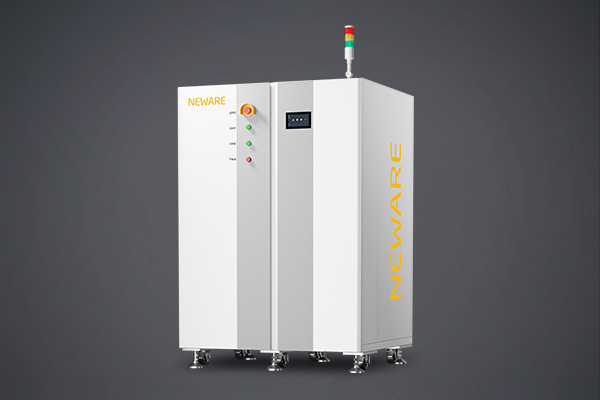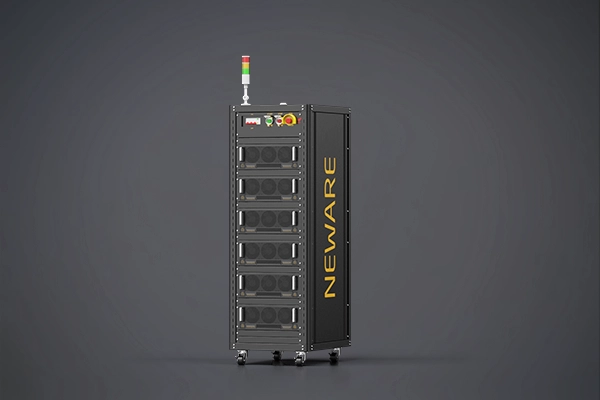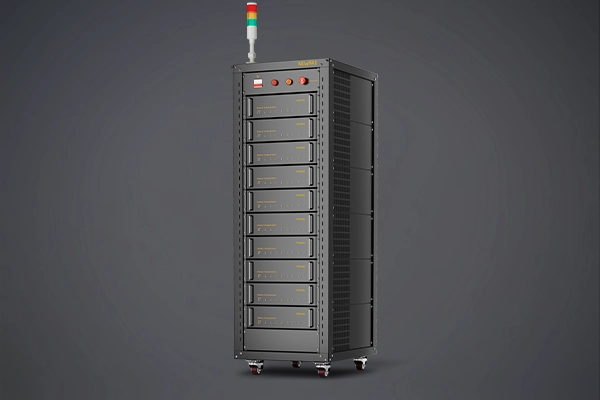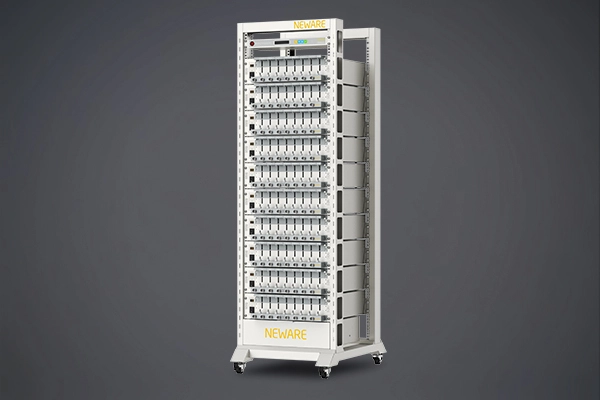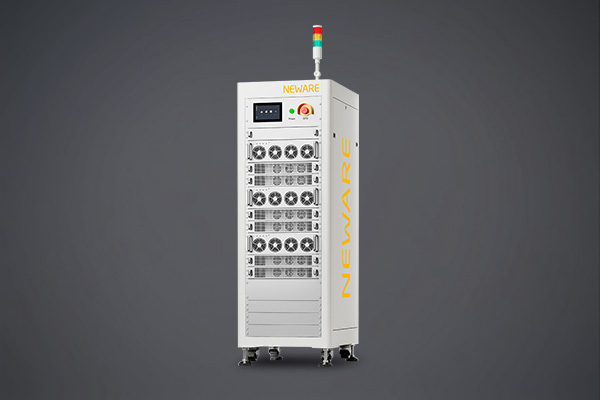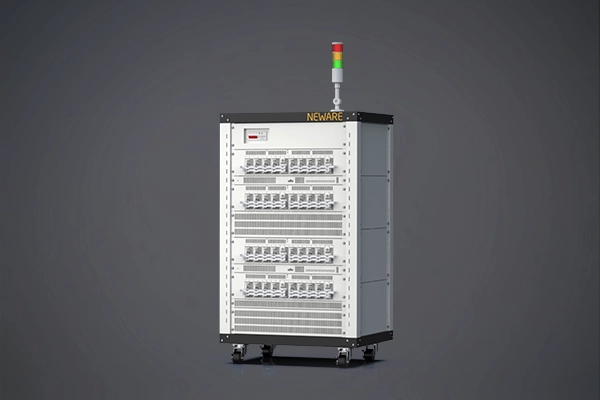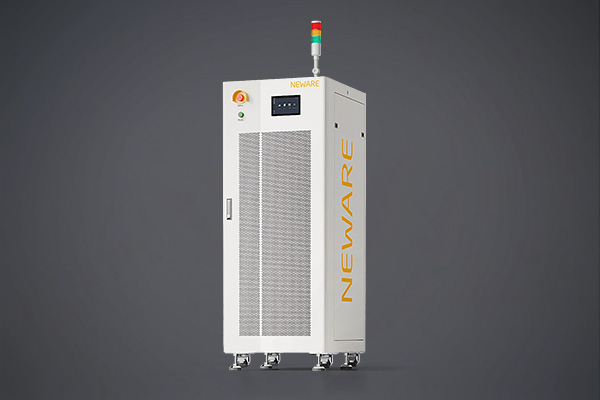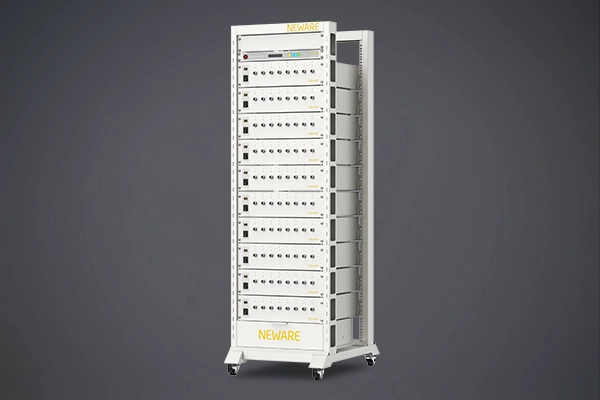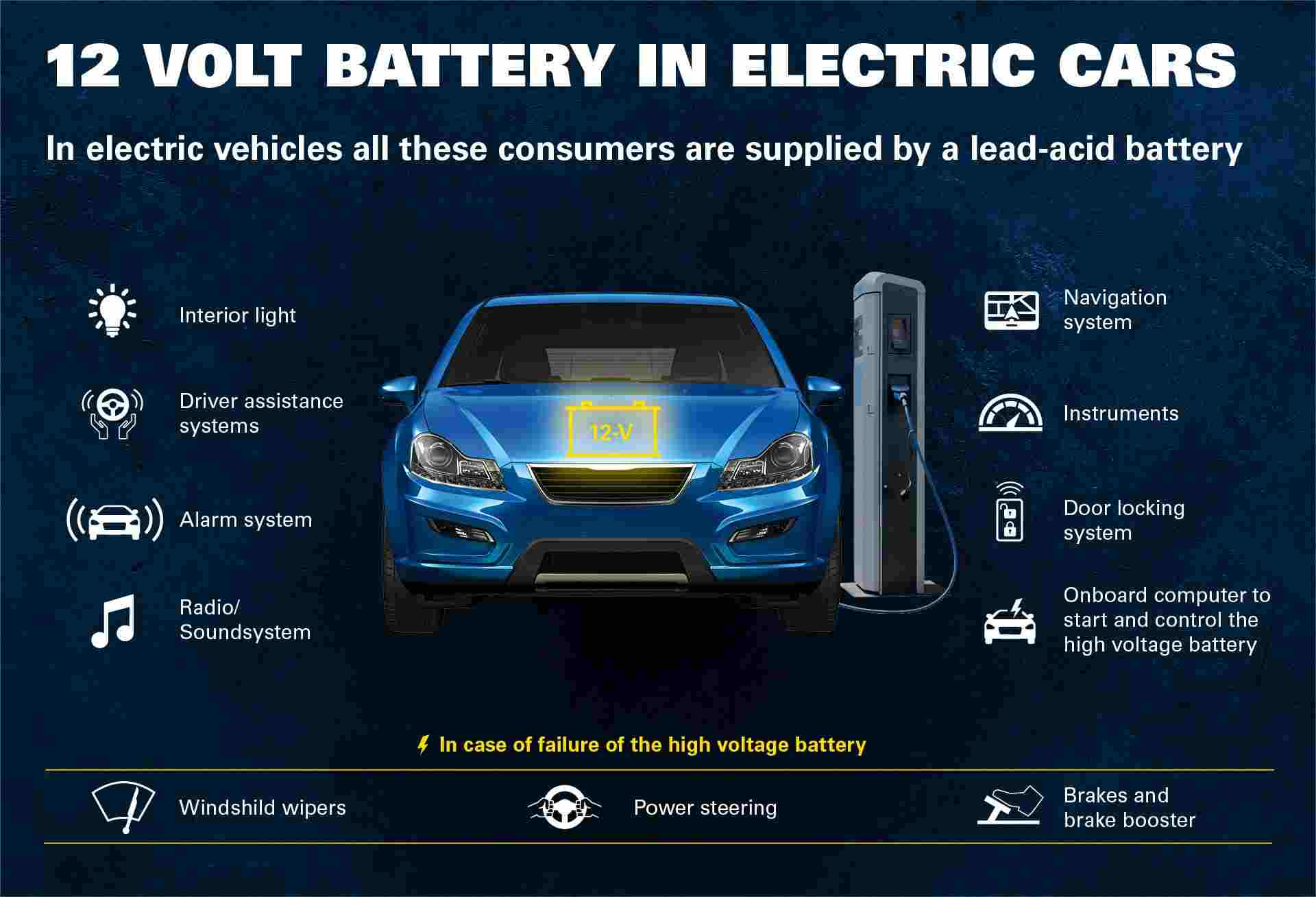
12 volt battery is an energy storage device with an output of 12 volts, commonly used across various applications, from automotive systems to portable electronics.These batteries are prevalent in vehicles, boats, recreational vehicles (RVs), motorcycles, and other devices requiring a reliable and portable power source.
The most common type of 12 volt battery is the lead-acid battery, which consists of lead plates immersed in an electrolyte solution of sulfuric acid.Known for their robustness, affordability, and ability to provide high current outputs, lead-acid batteries are ideal for starting engines in automobiles and other vehicles.
Recent advancements in battery technology have led to the development of other 12 volt battery types, such as lithium-ion batteries.Offering advantages such as higher energy density, longer life, and reduced weight compared to traditional lead-acid batteries, lithium-ion batteries are increasingly used in applications where lightweight and high-performance power sources are necessary, including portable electronics, solar power systems, and electric vehicles.
The 12 volt battery's versatility and compatibility with a wide range of devices make it a popular choice for both consumers and industries.It provides a stable source of power for running electrical components, lighting, audio systems, and other accessories in vehicles. Additionally, it can serve as a backup power supply during power outages or in remote areas where access to electricity is limited.
12 volt battery operates at a voltage level of 12 volts, which refers to the potential difference between its positive and negative terminals.This voltage level is commonly used in a wide range of applications, particularly in automotive, marine, and off-grid systems.
Lead-ccid batteries
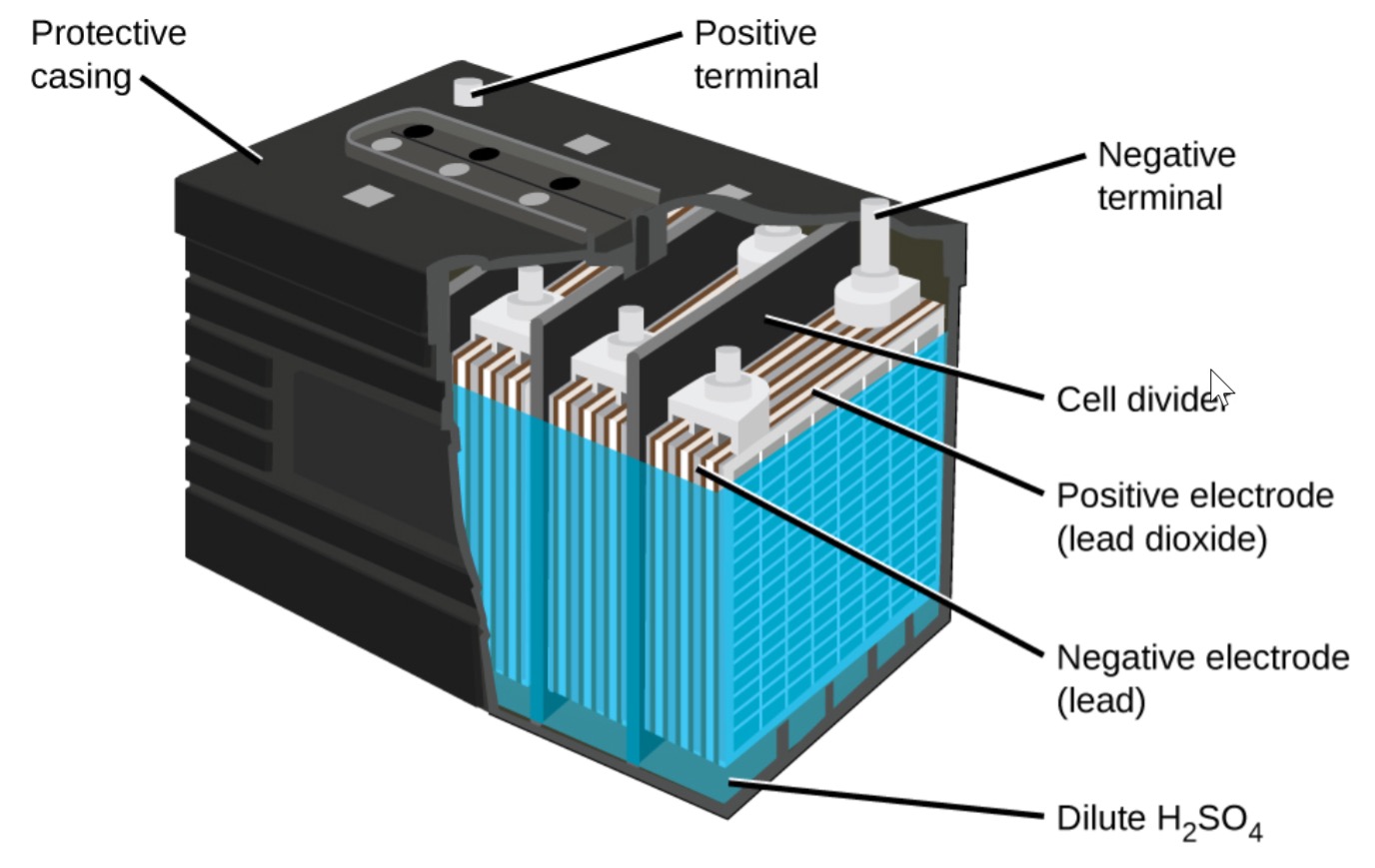
Lead-acid batteries are the most common type of 12 volt battery.They consist of lead plates immersed in an electrolyte solution of sulfuric acid.Known for their reliability, affordability, and ability to provide high current outputs, lead-acid batteries are widely used in automotive applications for engine starting, as well as in backup power systems, uninterruptible power supplies (UPSs), and recreational vehicles.
Lithium-Ion batteries
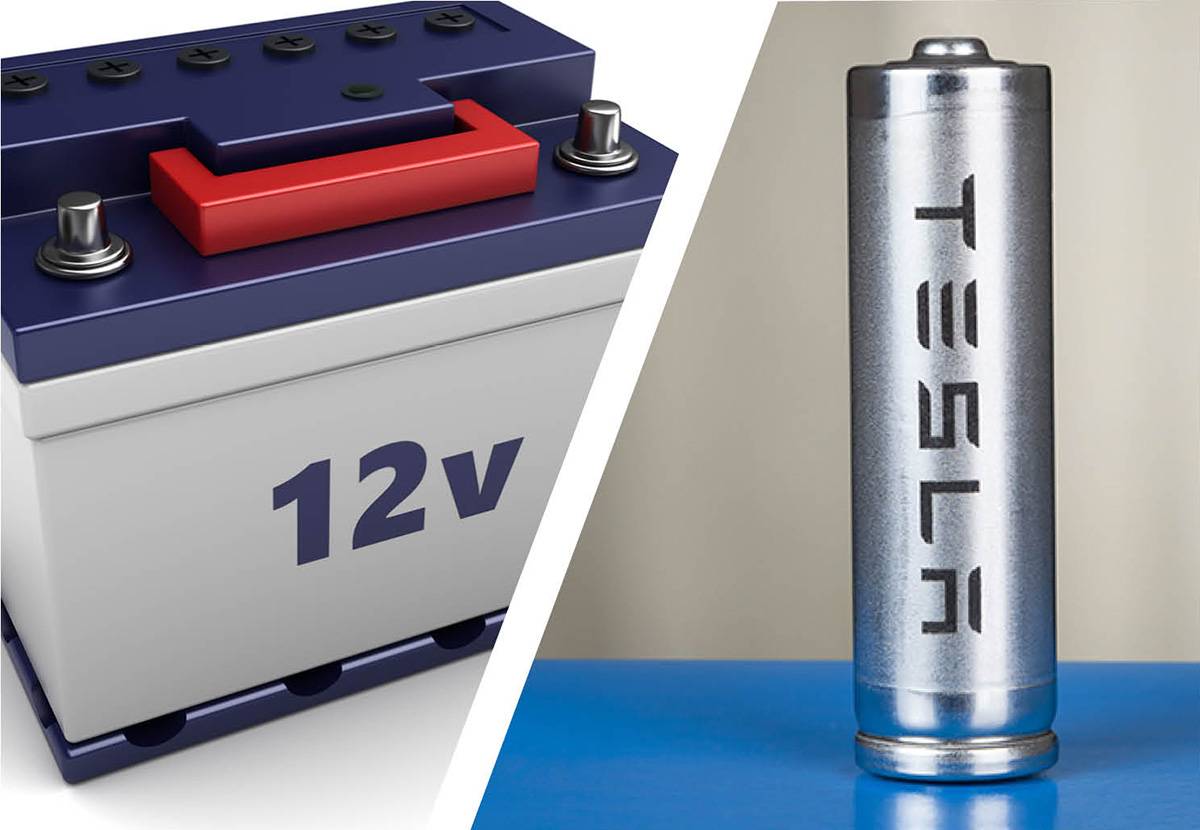
Lithium-ion batteries have gained popularity in recent years due to their high energy density, longer lifespan, and lighter weight compared to lead-acid batteries.They use lithium compounds in the electrodes and an electrolyte solution.Lithium-ion batteries are commonly used in portable electronics, such as smartphones, laptops, and cameras. They are also employed in electric vehicles, solar energy systems, and other applications that require high-performance power sources.
Nickel-cadmium (Ni-Cd) batteries
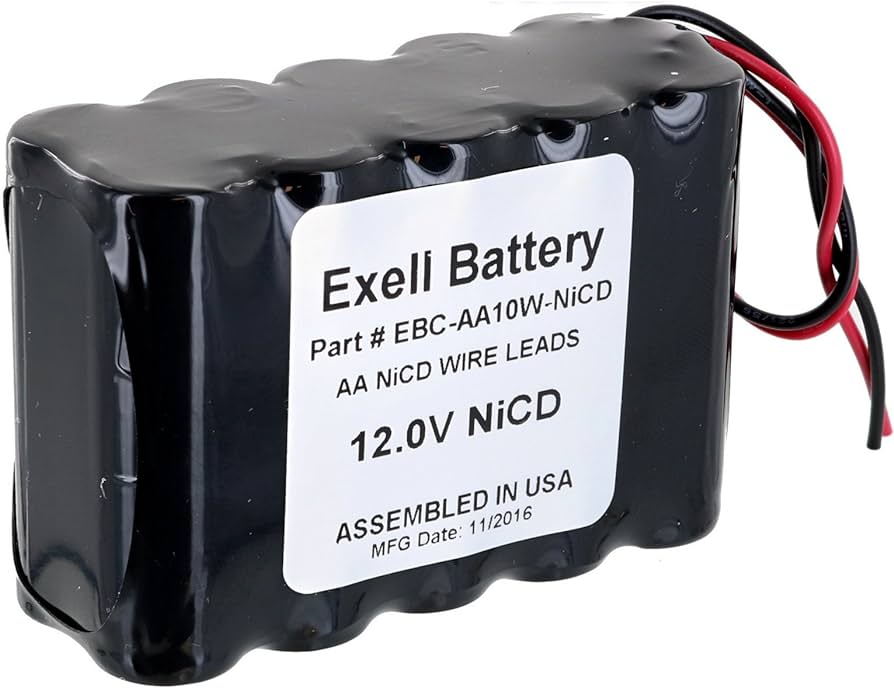
Nickel-cadmium batteries, once widely used, have been largely replaced by newer technologies.They consist of nickel hydroxide and cadmium electrodes in a potassium hydroxide electrolyte.Ni-Cd batteries offer good performance in terms of cycle life and fast charging capabilities.However, they have a lower energy density and are less environmentally friendly due to the cadmium content.
Nickel-metal hydride (Ni-MH) batteries
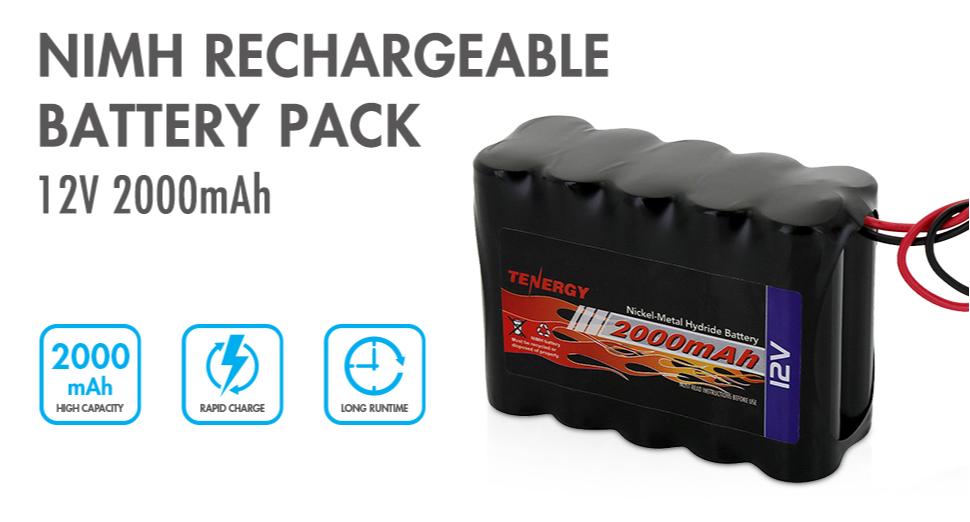
Nickel-metal hydride batteries are another type of rechargeable 12 volt battery.They use a hydrogen-absorbing alloy as the negative electrode and nickel oxyhydroxide as the positive electrode.Ni-MH batteries provide a higher energy density compared to Ni-Cd batteries and have less environmental impact. They are commonly used in portable electronics, hybrid vehicles, and other applications that require rechargeable power sources.
Other types
There are also specialized 12 volt battery types, such as gel batteries, absorbed glass mat (AGM) batteries, and lithium iron phosphate (LiFePO4) batteries.Gel batteries use a gel electrolyte, AGM batteries use fiberglass separators to hold the electrolyte, and LiFePO4 batteries offer high energy density and improved safety characteristics compared to other lithium-ion batteries.
Common types of 12 volt batteries include lead-acid, lithium-ion, nickel-cadmium, nickel-metal hydride, and various specialized variants.Each type has its own advantages and is suitable for specific applications based on factors such as energy density, lifespan, weight, and environmental considerations.
One of the significant advantages of 12 Volt batteries is their portability and ease of use.They are compact and lightweight, making them convenient to handle and transport.Whether it's for automotive applications,camping trips,or powering portable devices,12 Volt batteries offer the flexibility to be easily carried and installed.
12 Volt batteries are known for their long lifespan and reliability.They are designed to withstand repeated charge and discharge cycles without significant degradation in performance.This longevity ensures that 12 Volt batteries can provide consistent power over an extended period,making them suitable for applications that require sustained energy supply.
12 Volt batteries generally have lower maintenance costs compared to other types of batteries.They do not require frequent maintenance routines,such as topping up electrolytes or adjusting specific parameters.This convenience translates into reduced maintenance efforts and expenses,making 12 Volt batteries cost-effective solutions for various applications.
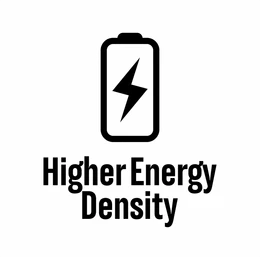
Another notable characteristic of 12 Volt batteries is their high energy density.Despite their compact size,they can store a significant amount of electrical energy relative to their weight and volume.This high energy density ensures that 12 Volt batteries can deliver sufficient power for extended periods,making them ideal for applications where space is limited or weight restrictions are a concern.

12 Volt batteries offer several environmental and sustainable advantages.For example, lithium-ion 12 Volt batteries are considered more environmentally friendly than lead-acid batteries because they do not contain toxic materials like lead. Additionally,advancements in battery technology have led to more efficient and eco-friendly manufacturing processes,reducing the environmental impact of battery production.
Furthermore,12 Volt batteries play a crucial role in supporting renewable energy systems.They can store energy generated by solar panels or wind turbines,allowing for off-grid power availability and promoting the use of clean and sustainable energy sources.
In conclusion,12 Volt batteries possess several advantages and characteristics that make them highly desirable for various applications.Their portability,ease of use,long lifespan,reliability, low maintenance costs,high energy density,and environmental benefits contribute to their popularity as versatile power storage solutions in numerous industries and everyday use.
12V battery is a type of direct current (DC) power source. Unlike alternating current (AC), which periodically reverses direction, DC maintains a constant flow of electric charge in one direction.Here's a detailed explanation.
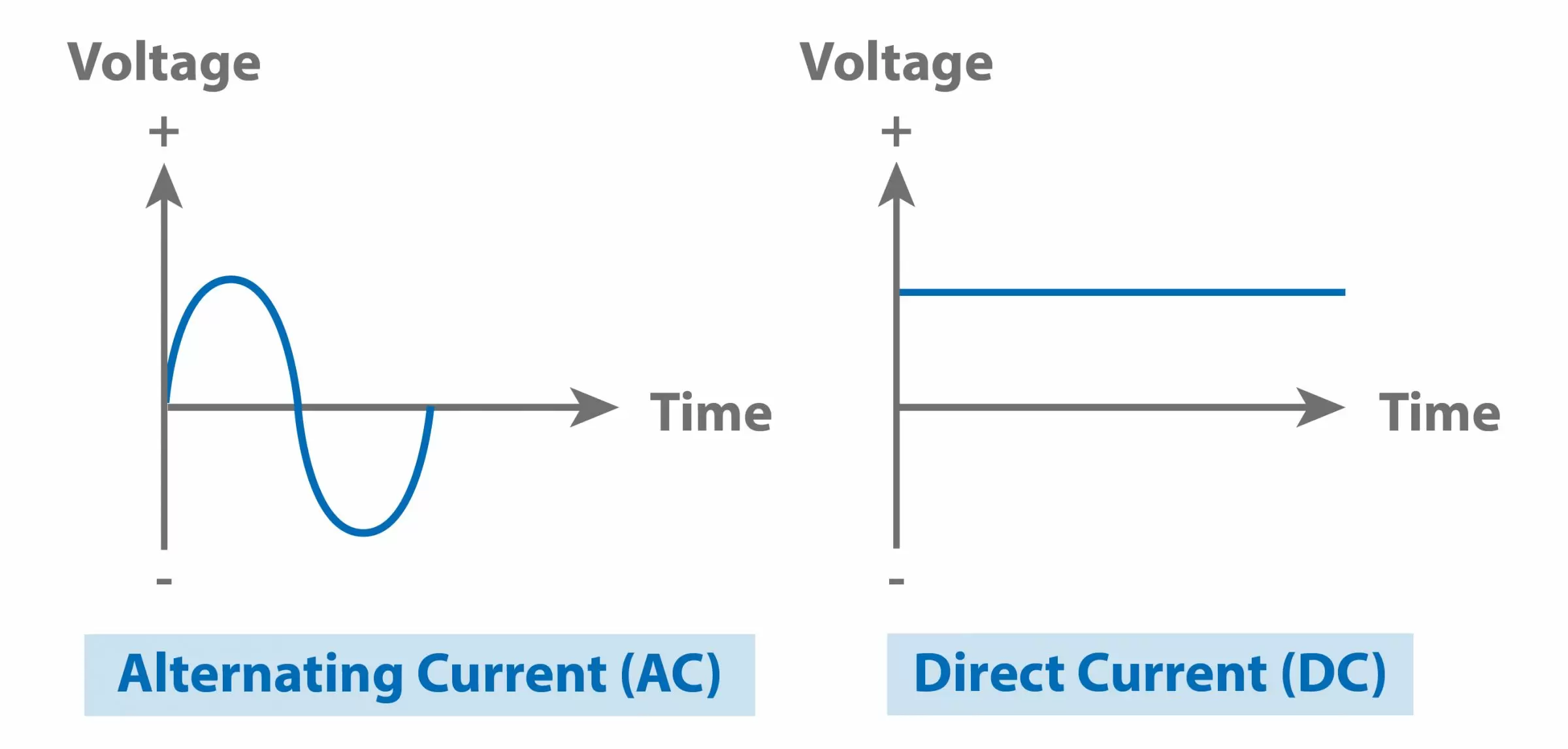
DC (Direct current): Direct current is the type of electrical flow produced by batteries, including 12V batteries. It is characterized by a unidirectional flow of electric charge. This means that the electrons move in one consistent direction, from the negative terminal to the positive terminal of the battery.
AC (Alternating current): In contrast, alternating current changes direction periodically. The standard for AC in many countries is a sinusoidal wave pattern, where the flow of electric charge first goes in one direction, reaches a peak, then reverses direction, peaks again, and repeats this cycle. AC is the type of current supplied by power outlets in homes and businesses.
The lifespan of a 12-volt battery can vary significantly based on several factors, including the type of battery, its usage, and the conditions in which it's stored and used. Here's a detailed explanation in English.
Different battery chemistries have different lifespans. For instance, lead-acid batteries, which are common in automotive and marine applications, typically last 2 to 5 years with proper maintenance. Within this category, there are further distinctions:
Wet/Flooded lead-acid batteries: These are the most common and least expensive but require regular maintenance.
AGM (Absorbed glass mat) batteries: These are maintenance-free and offer a longer life, often lasting 3 to 6 years.
Gel batteries: Similar to AGM in maintenance requirements, gel batteries also have a lifespan of about 3 to 5 years.
Lithium-Ion batteries:on the other hand, are known for their high energy density and can last anywhere from 5 to 10 years or even more, depending on the depth of discharge and overall use.
The way a battery is used can greatly affect its lifespan. Deep cycling, where the battery is regularly discharged to a low level, can shorten a battery's life. Shallow cycling, where the battery is only partially discharged and then recharged, tends to extend its lifespan.
If a 12-volt battery is stored for an extended period without use, it will naturally self-discharge. To prolong the life of a stored battery, it's important to store it in a cool, dry place and maintain a full charge level. Storing a battery at a high state of charge for an extended period can also reduce its overall lifespan.
Proper maintenance is crucial for extending the life of a 12-volt battery. This includes keeping the terminals clean, ensuring the electrolyte levels are sufficient in wet cells, and avoiding overcharging.
Extreme temperatures can also impact a battery's lifespan. High heat can accelerate the aging process, while cold temperatures can temporarily reduce the battery's capacity.
Using a high-quality charger that provides the correct charging voltage and current is essential. Overcharging or undercharging can both lead to a shortened battery life.
The depth to which a battery is discharged also affects its lifespan. Generally, the less a battery is discharged in each cycle, the longer it will last.
Batteries subjected to frequent high-load cycles will have a shorter life than those with lighter, less frequent use.
In conclusion, a 12-volt battery's lifespan is influenced by a combination of factors, and while it's difficult to provide a one-size-fits-all answer, taking proper care of the battery and using it according to the manufacturer's recommendations can significantly extend its life. Regular inspection and maintenance, along with proper charging practices, can help ensure the longest possible service life from a 12-volt battery.
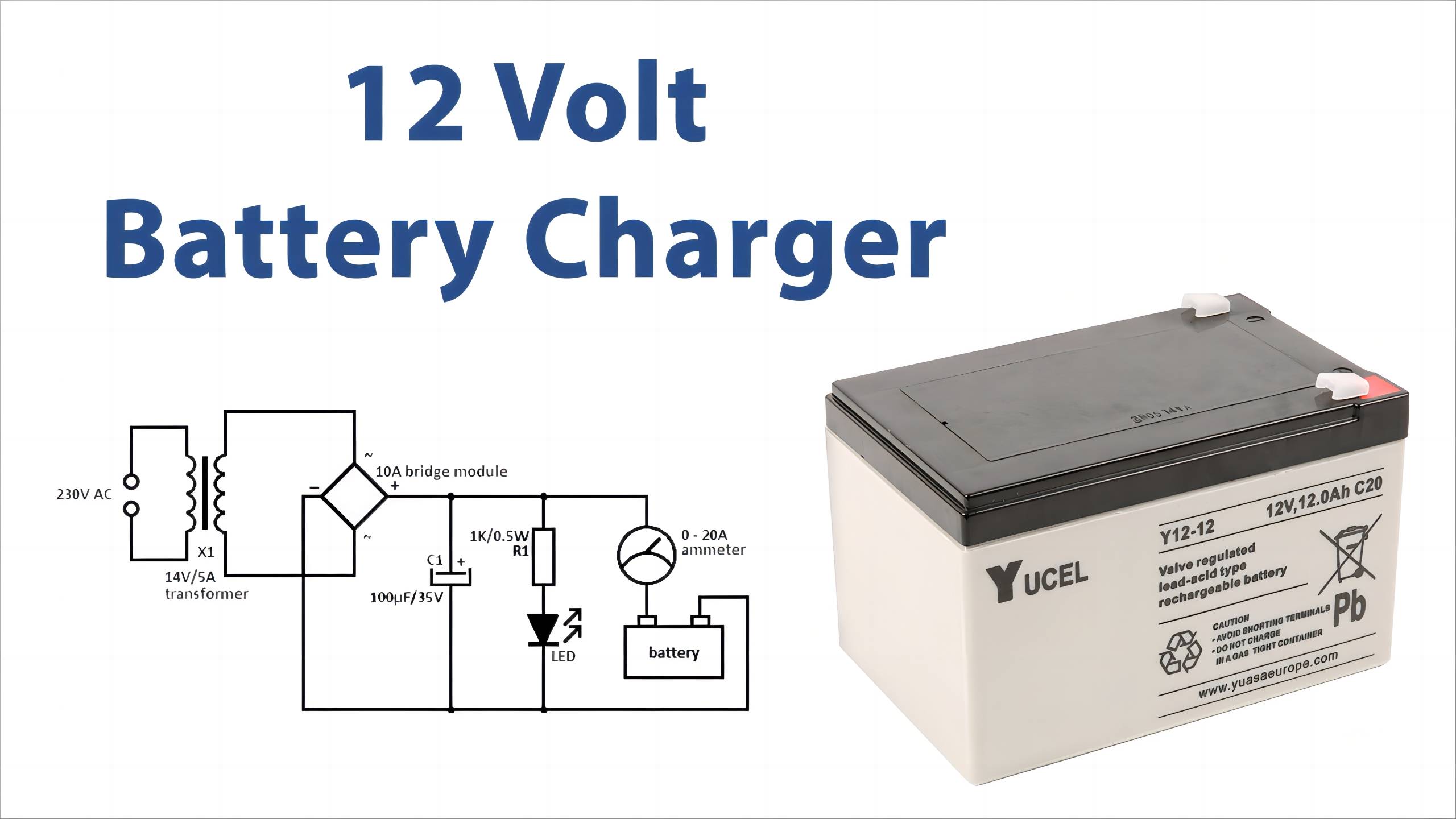
The charging time for a 12 volt battery can vary depending on factors such as the battery's capacity, the charging current, and the state of charge.As a general guideline, a fully discharged 12 volt battery can take several hours to charge.It's recommended to follow the manufacturer's instructions or refer to the battery's datasheet for specific charging time recommendations.
Car batteries are 12 volts primarily for historical reasons and due to the needs of starting an internal combustion engine. The first practical car batteries were 12 volts, and this voltage was sufficient to provide the high current required to start a car engine. A 12-volt system also offers a good balance between the amount of power that can be delivered and the size and weight of the battery. Modern cars, however, often use a higher voltage due to the increased electrical demands of advanced vehicle systems.
Overcharging a 12-volt battery can lead to several issues. It can cause the water in the battery to be converted into oxygen and hydrogen gas, leading to a loss of water and a reduction in the battery's capacity over time. In extreme cases, overcharging can cause the battery to overheat, which might result in damage to the battery case, leakage, or even an explosion. It's crucial to use a charger with a built-in timer or a smart charging feature that switches to a maintenance charge or shuts off after the battery is fully charged.
To charge a 12-volt battery properly, follow these guidelines:
1.Use a charger that is compatible with the type of your battery (e.g., AGM, gel, or flooded).
2.Start with a slow or initial charging phase to avoid stressing the battery.
3.Follow the manufacturer's recommended charging rates and times.
4.Monitor the charging process, especially if using a manual charger without automatic shut-off features.
5.Avoid overcharging by using a timer or a smart charger that recognizes when the battery is fully charged.
6.Keep the battery and charger in a well-ventilated area to prevent overheating.
7.Regularly check the battery's water level in flooded lead-acid batteries and top up with distilled water as needed.
8.Store batteries at an appropriate state of charge if not in use for extended periods to prevent sulfation.
By adhering to these practices, you can ensure the longevity and safe operation of your 12-volt battery.
NEWARE TECHNOLOGY LLC
755 Ames Avenue, Milpitas, CA, USA, 95035





